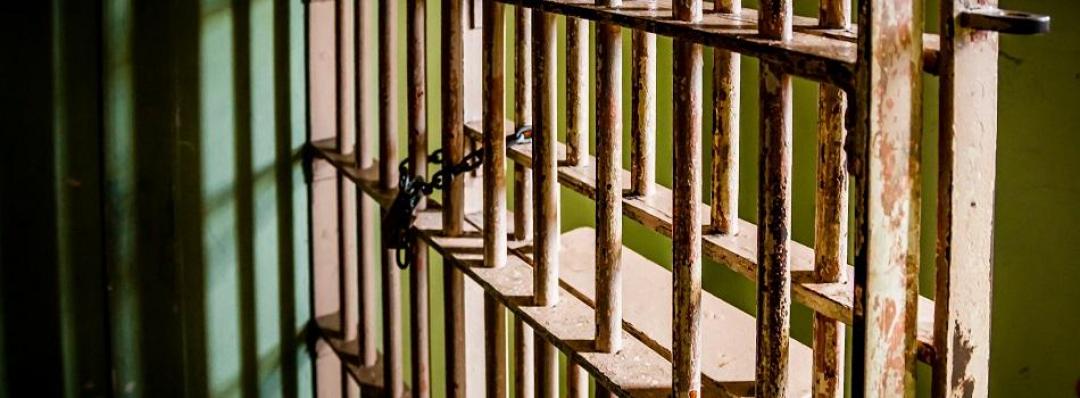
April 2017
Keramet Reiter, assistant professor of criminology, law and society, discussed the effects of solitary confinement on prisoners during a 25-minute interview with NPR's "Hidden Brain." Reiter also recently published the book 23/7: Pelican Bay Prison and the Rise of Long-Term Solitary Confinement.
Prisoners locked in solitary, 8-foot by 10-foot cells -- the size of a parking space -- often stay there for years and even decades. Suicide rates are double that of the rest of the prison population. African American and Latino prisoners are twice as likely as the general prison population to end up there, while prison officials also often send mentally ill, transgender and pregnant prisoners to solitary.
"Prison systems are not putting people there based on some act or rule that they broke, but based on their status as dangerous. Some prisoners get labeled dangerous gang members and they get sent to isolation indefinitely ... It's often the people who are really difficult for the system to manage," Reiter tells NPR.
